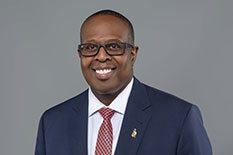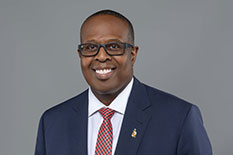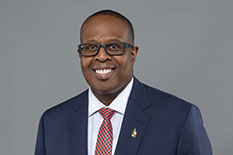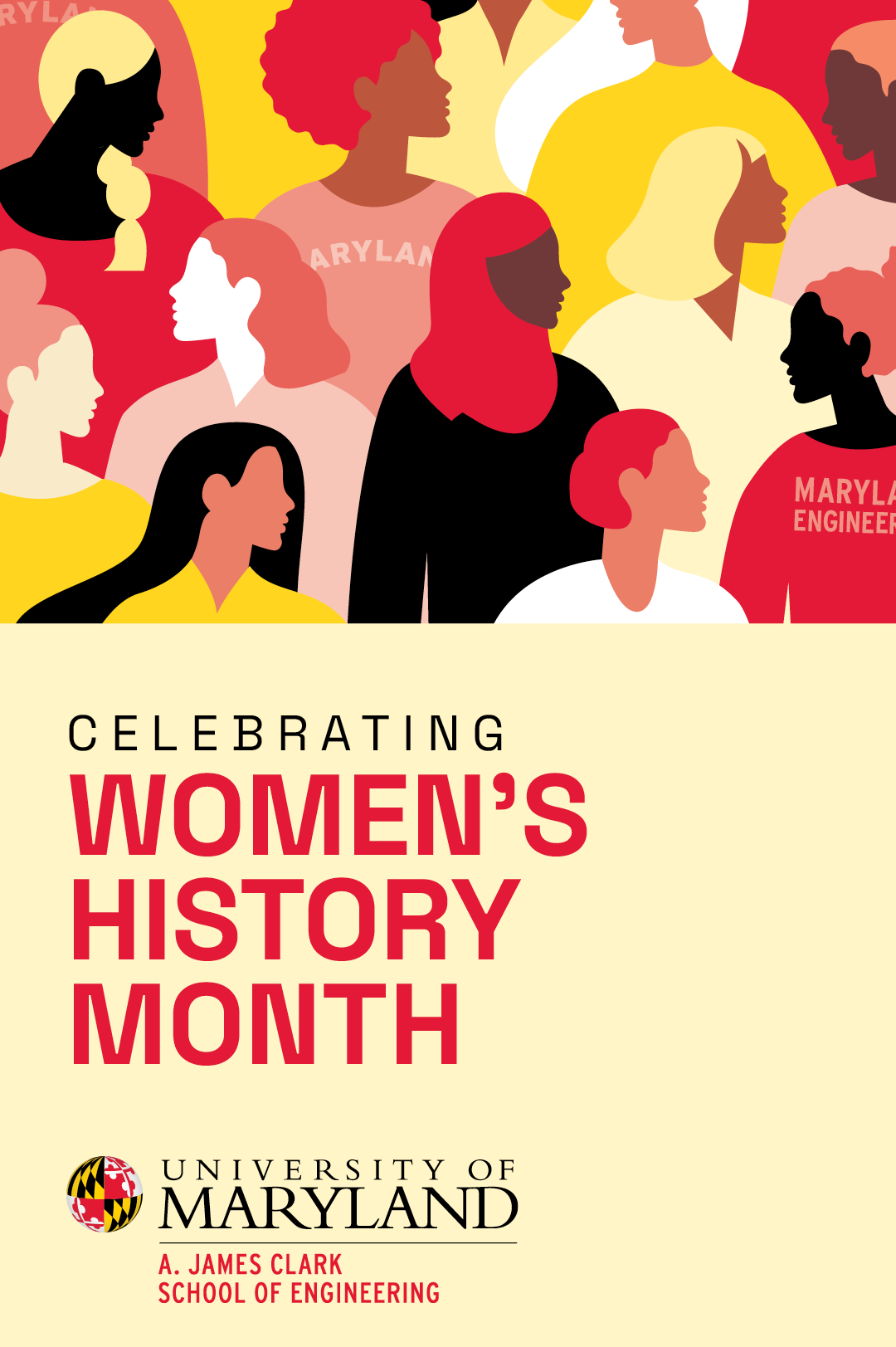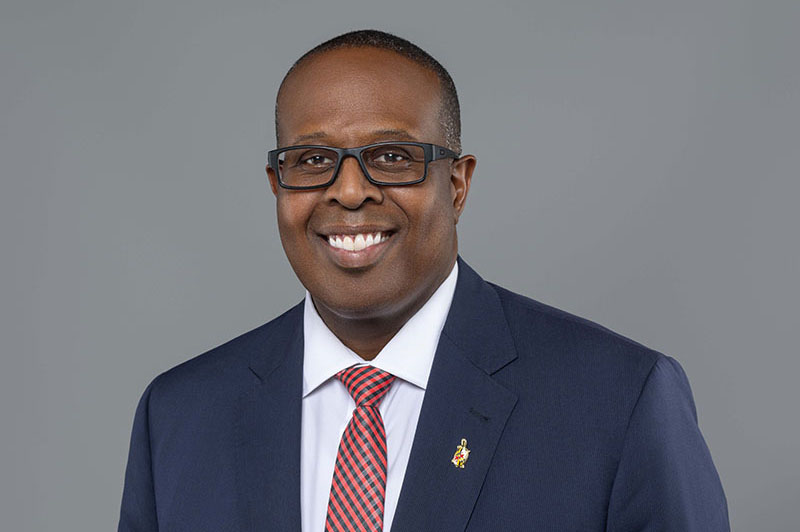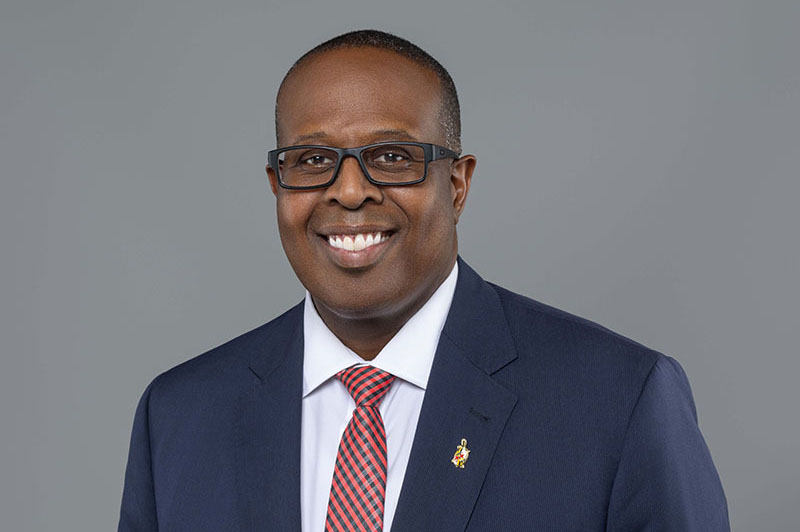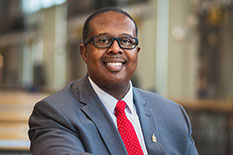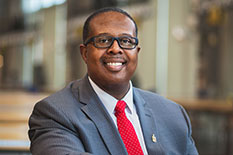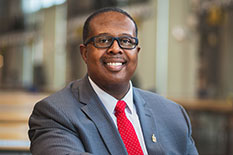News Story
Reflecting on a Successful 2023–24 Academic Year
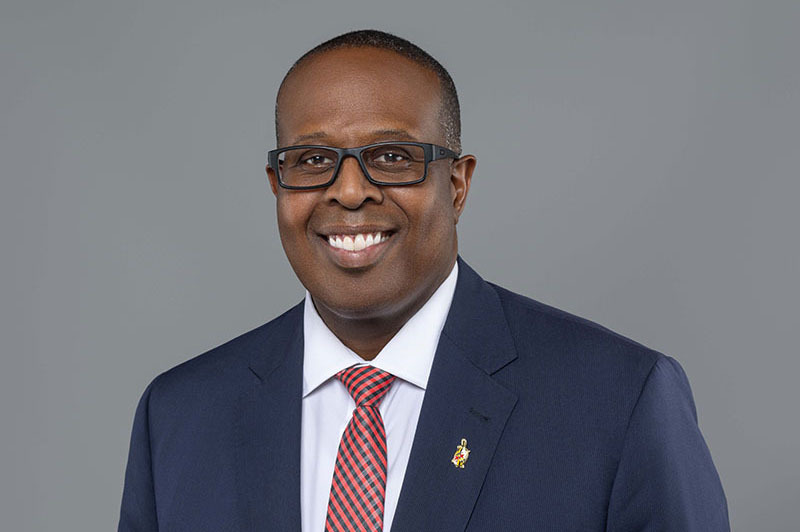
Clark School Friends and Supporters,
As we come to the close of another academic year, it is a time to celebrate the achievements of our faculty, staff, students—and especially our graduates! This time of year is both special and fun as we reflect on our accomplishments while we look forward to the future. Yes, it was another incredible year at Maryland Engineering.
Through scholarship, research, community-building, and service to our state and nation, our students, faculty, and staff continued to better our society and catalyze our economy. From entrepreneurial activities of our faculty and students, to engaging experiential learning and research innovations, the Clark School had many examples that made us proud. Here are more highlights from the academic year.
Our students kept shining and showcasing their problem-solving excellence
We are big advocates of experiential learning and providing students the opportunity to learn outside of the classroom. With more than 60 organizations in the Clark School, our students have numerous opportunities to get involved. This past year, our students won first place in the Vertical Flight Society’s 40th Annual Student Design Competition and the National Institute of Standards and Technology First Responders UAS Indoor Challenge. The Terrapin Rocket Team placed second in the 10K-foot Student Researched and Designed Solid Motor category at 2023 Spaceport America Cup rocket competition. Many more received awards, scholarships, and other accolades, including seven materials science and engineering students and alums who were invited to join the 73rd Lindau Nobel Laureate Meeting, allowing them to engage with dozens of Nobel Prize winners. Nationally, 12 University of Maryland students or former students won the prestigious National Science Foundation Graduate Research Fellowship. Of those 12, seven were from the Clark School.
In our support of entrepreneurship, our university launched xFoundry@UMD with support from the Clark School and housed in the E.A. Fernandez IDEA Factory. This new interdisciplinary program for students hosts competitions that bring innovations to large societal challenges. The first challenge addresses school shootings in the United States. On May 1, the Clark School also held its first annual Capstone Design Expo featuring senior design projects and innovations from within the Clark School. This inaugural year, students from our civil and environmental, aerospace, mechanical, and bioengineering participated; more than 1,400 people attended. We look forward to expanding the college-wide in 2025.
We became the home of a nationally-recognized scholarship program
The Clark Scholars Program Network will support talented students in the Clark Scholars Program, maintaining the A. James & Alice B. Clark Foundation’s successful Clark Scholars Program—implemented at 11 of the nation’s top engineering institutions—and evolve to meet future student needs. We announced Joakina Stone as our inaugural National Program Director in January 2024.
Our faculty continued earning honors and making contributions to society through research innovations and critical partnerships
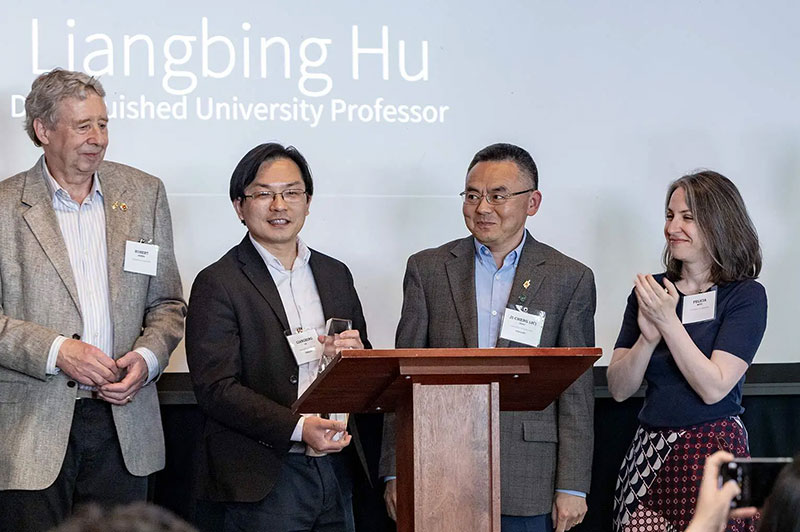
Seven of our faculty received Department of Defense (DoD) DURIP Awards. Four were selected to receive DoD Multidisciplinary University Research Initiative awards. Sanghamitra Dutta, Erika Moore Taylor, Eleonora Tubaldi, Jenna Mueller, Cheng Gong, and Sahil Shah won the prestigious National Science Foundation (NSF) CAREER award. Ji-Cheng Zhao, the chair of our materials science and engineering department, was named the dean of the University of Connecticut’s College of Engineering. Distinguished University Professor Liangbing Hu won the university’s Invention of the Year award.
We believe that engineers have a critical role to play in the future of healthcare and are dedicated to growing this activity in the Clark School. Our faculty demonstrated breakthrough progress in the treatment of advanced cancers using cryotherapy and using wireless technology to provide medical diagnostics in real time. We also continue to boast one of the nation’s leading battery research groups that continues to demonstrate world-class innovations. We are developing next-generation batteries for electric maritime and rail vehicles—an effort that could curtail millions of tons of yearly greenhouse gas emissions.
We also responded to the nation’s call for semiconductor research and workforce development through the CHIPS ACT. Partnering with Booz Allen Hamilton, we began a collaboration with the Midwest Microelectronics Consortium, enhancing and expanding its work in secure edge microelectronics, 5G/6G communications, and microelectronics to support artificial intelligence. The National Science Foundation awarded three researchers a $2 million grant to advance the emergence of new sustainable semiconductor technologies as well as educate a diverse workforce for the industry’s future. With our Center for Industrial Artificial Intelligence launched, we hosted some of the world’s leading thinkers on the subject.
Our staff continued to set the standard for service and student support
We know that our school cannot operate without a strong staff, and we are proud of their contributions and awards this past year. Ramsey Jabaji won the President’s Distinguished Service Award for our university. As part of our continued efforts to highlight the invaluable role that our staff play, we launched three new staff awards. We expanded faculty and staff lunches to help build community and partnered with Korn Ferry for professional development training. We are excited to invest in and recognize the invaluable contributions that staff make to the Clark School.
We expanded our partnerships with the state
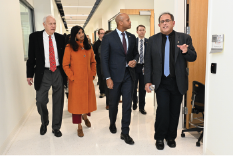
As a land grant institution, we take our obligations seriously—and proudly work to achieve them. Our one-of-a-kind facility in southern Maryland, for example, is conducting leading research on autonomous systems and establishing a hub for this kind of activity, drawing the attention of the state and national leaders. We increased our engagement with local schools, like Charles Herbert Flowers High School, including a focus on machine learning. Our Women in Engineering program also partnered with Prince George’s County Public Schools to provide STEM kits for local students.
Looking to the future
If you are a Clark School partner, we are so grateful for your support. If you have yet to engage with Maryland Engineering, this is your invitation.
We are excited to launch new activities in artificial intelligence (AI), for example, starting with AI4All, offering courses that enable undergraduates to gain more exposure to the fundamentals and applications of AI in engineering. We are similarly excited about the construction of Stanley R. Zupnik Hall, our new interdisciplinary engineering building.
Few places will you find such a talented, diverse, and supportive community that is united by a single goal: creating opportunities for those who need them most and building a more equitable society for those who follow us.
Sincerely,
Samuel Graham, Jr. (he/him/his)
Dean and Nariman Farvardin Professor
Published May 10, 2024
